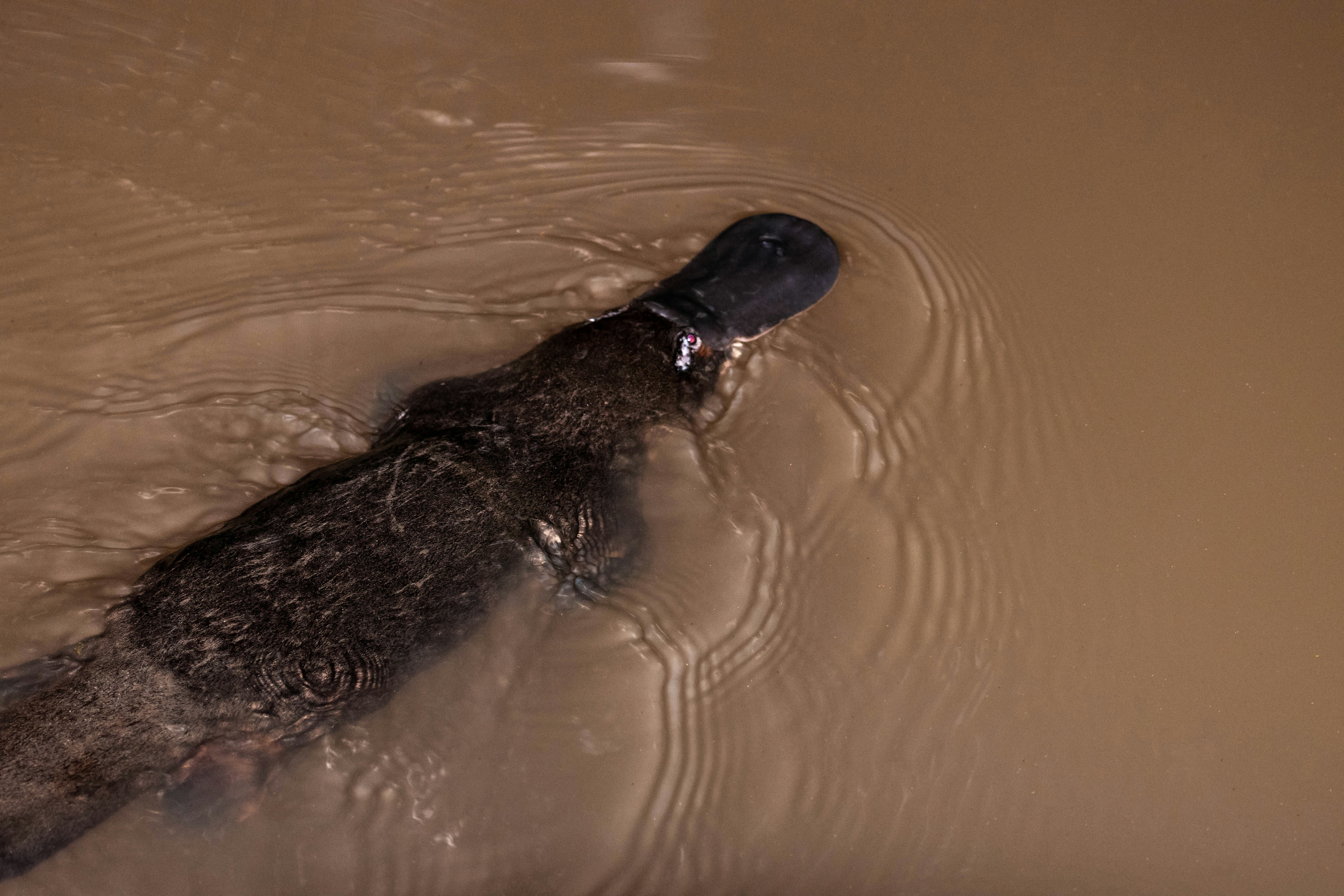The Secret Lives of Platypuses

Category: Mammals | June 17, 2025
The platypus is a biological enigma—so much so that early European scientists believed it was a hoax when first encountered. Native to eastern Australia and Tasmania, this elusive animal challenges everything we think we know about mammals.
With its duck-like bill, webbed feet, beaver-like tail, and the ability to lay eggs, the platypus seems like a creature stitched together from spare animal parts. But every part of its anatomy has a unique evolutionary purpose. The bill, for instance, isn't just for show—it's an incredibly sensitive electroreceptive organ, allowing the platypus to detect the electrical signals of prey like worms, insect larvae, and small crustaceans underwater.
Unlike most mammals, the platypus is venomous—the males have spurs on their hind legs that deliver a painful toxin to rivals during the breeding season. This trait makes it one of the few venomous mammals on the planet.
Despite its aquatic lifestyle, the platypus spends much of its time in burrows along riverbanks. It’s a nocturnal forager, diving for food with eyes, ears, and nostrils shut tight, relying entirely on its bill’s electroreception and tactile sensors to locate prey. Remarkably, it can make hundreds of dives each night.
One of the most unusual aspects of the platypus is its reproductive system. Females lay one to three leathery eggs and incubate them in a special nesting burrow. Once hatched, the young are fed with milk that oozes from the mother’s skin, as platypuses lack teats entirely.
Conservation-wise, platypuses are increasingly threatened by habitat loss, pollution, and climate change, particularly as droughts dry up their freshwater habitats. Though not yet endangered, they are listed as near threatened and are under careful watch by conservation groups.
Mysterious, ancient, and endlessly fascinating, the platypus is a powerful reminder of nature’s creativity and the evolutionary paths less traveled.
🌴 Jungle Chatter
Most popular reactions:
No reactions yet.